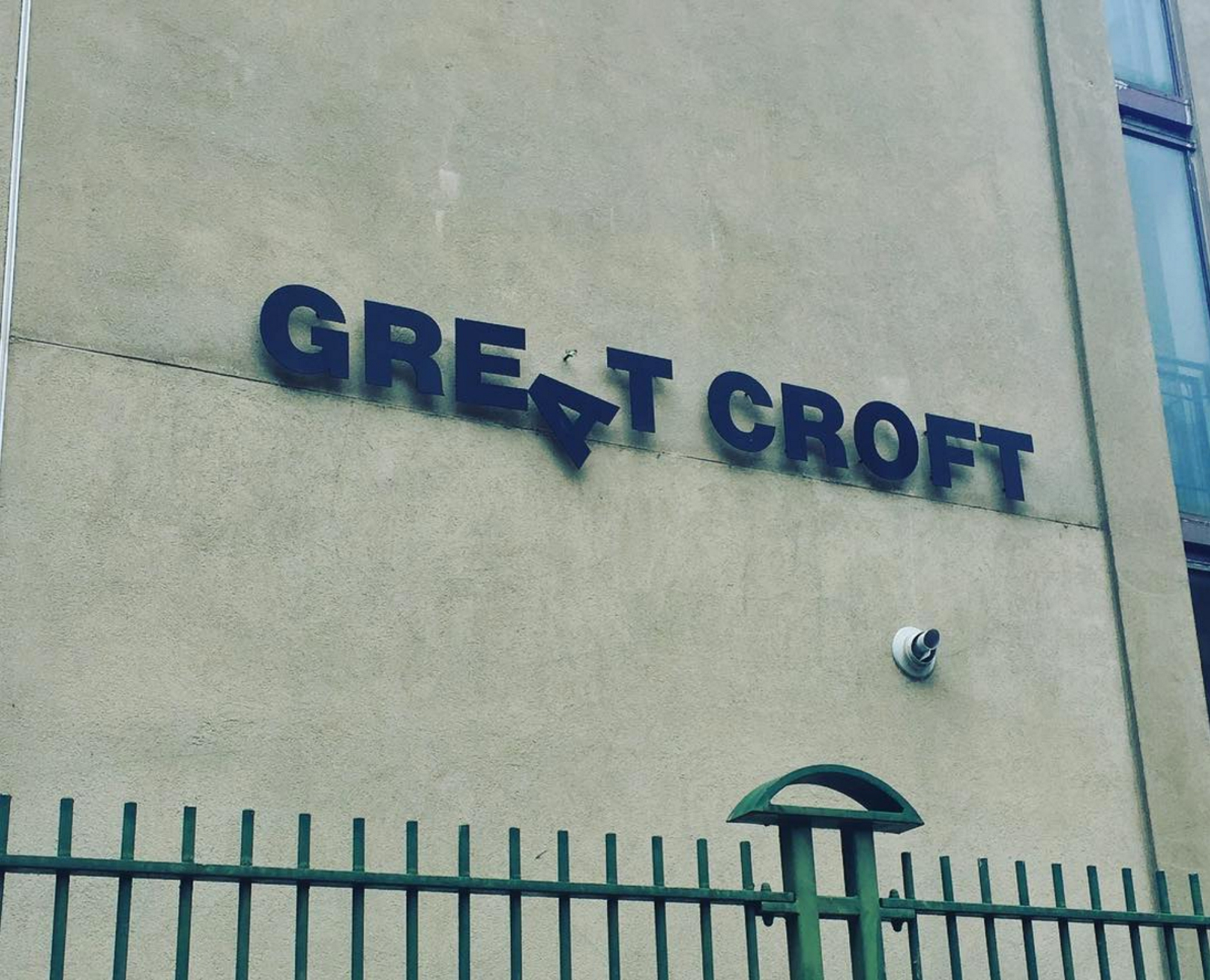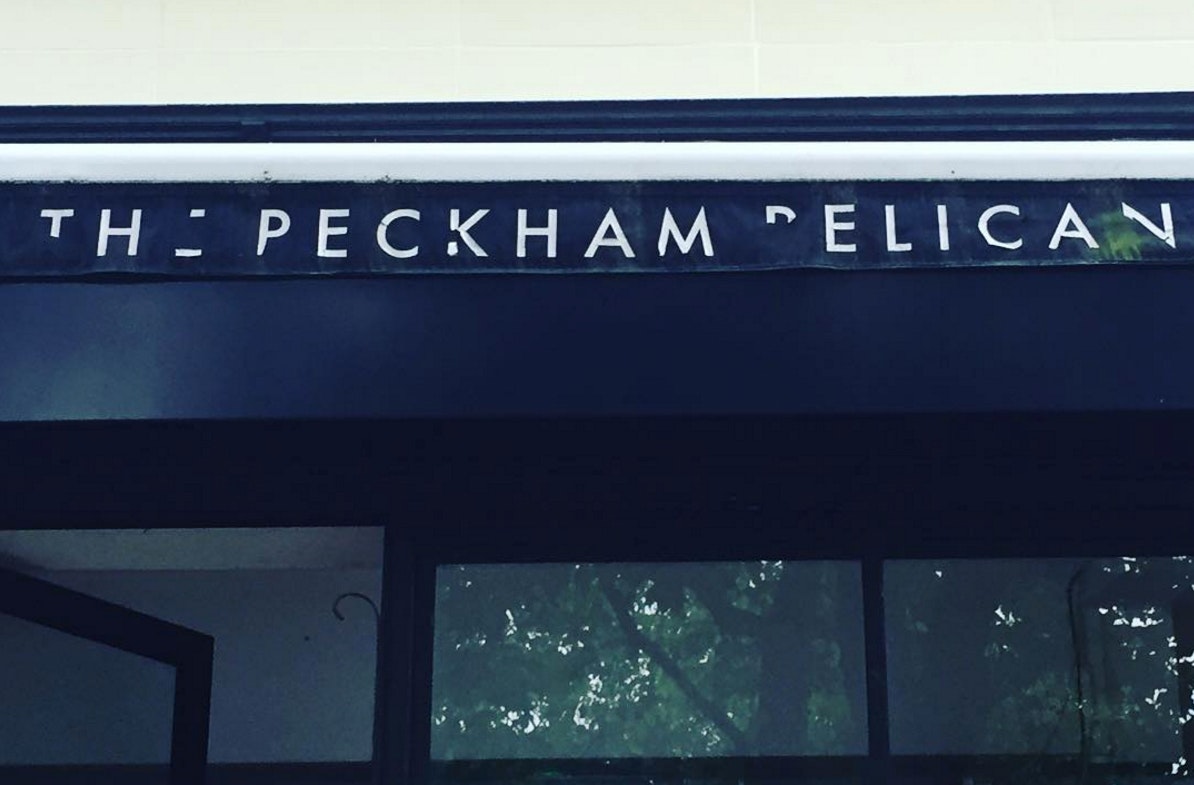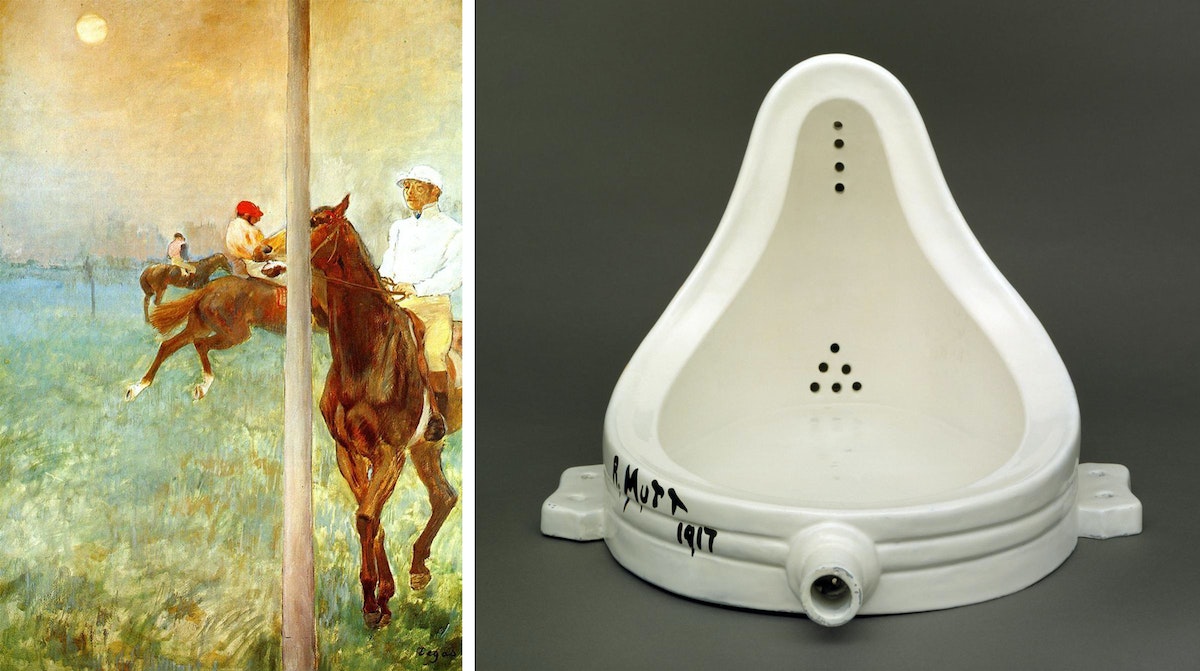It’s Only Beautiful When it’s Broken

I first spotted a beautiful accident when I saw the sign for the Great Croft housing estate in London. The A swinging down against the Akzidenz Grotesque type worked so well, in part aided by the horizontal seam in the concrete, that I had to think was that serendipity or intentional?
It turned what would be a humdrum brand mark into one that was tongue-in-cheek and playful. Optimistically, I wondered if it helped lift the spirits of the Great Croft residents. I also started looking for more typographical serendipity.
There are plenty of examples of signage that has degraded to the point of being unreadable, but a beautiful accident is where the change looks intentional and, ideally, adds to the meaning and character of the neighborhood.

I saw my second example at Unity Kitchen Cafe in the new Olympic park in East London, where residents and Londoners further afield are drawn by attractions such as the children’s adventure playground, nature park, or velodrome. The cafe contained a diverse mix of nationalities, so it seemed rather fitting that this broken C was reminiscent of a cedilla (ç), a nod to any European visitors. Please don't fix the sign, I love it the way it is.
I became obsessed. Searching everywhere for more evidence of meaningful mistakes, even engaging my family in the hunt, and it was on one such hunt that I found the Pelican restaurant in Peckham, south London.

I’ve been wondering about how we might design for beautiful accidents: if wear and tear isn't a thing we can control, how we can make accidents appear elegant? At Wired magazine they call such intentional accidents Wrong Theory. Inspired by Edgar Degas’ painting, Jockeys Before the Race, in which the artist defied the conventional composition of his day by inserting a grey pole that bifurcates the scene, slicing right through one of the horses’ heads. The same could be said of Marcel Duchamp’s act of turning a urinal on its head, signing it R. Mutt, and deeming it art. Wrong Theory celebrates the act of breaking the rules.

But part of the beauty of Beautiful Accidents is that they are rare. If you find one, please share it with me! Check out my Instagram or tag your photos with #beautifulaccident.
Words and art

Subscribe

.svg)







